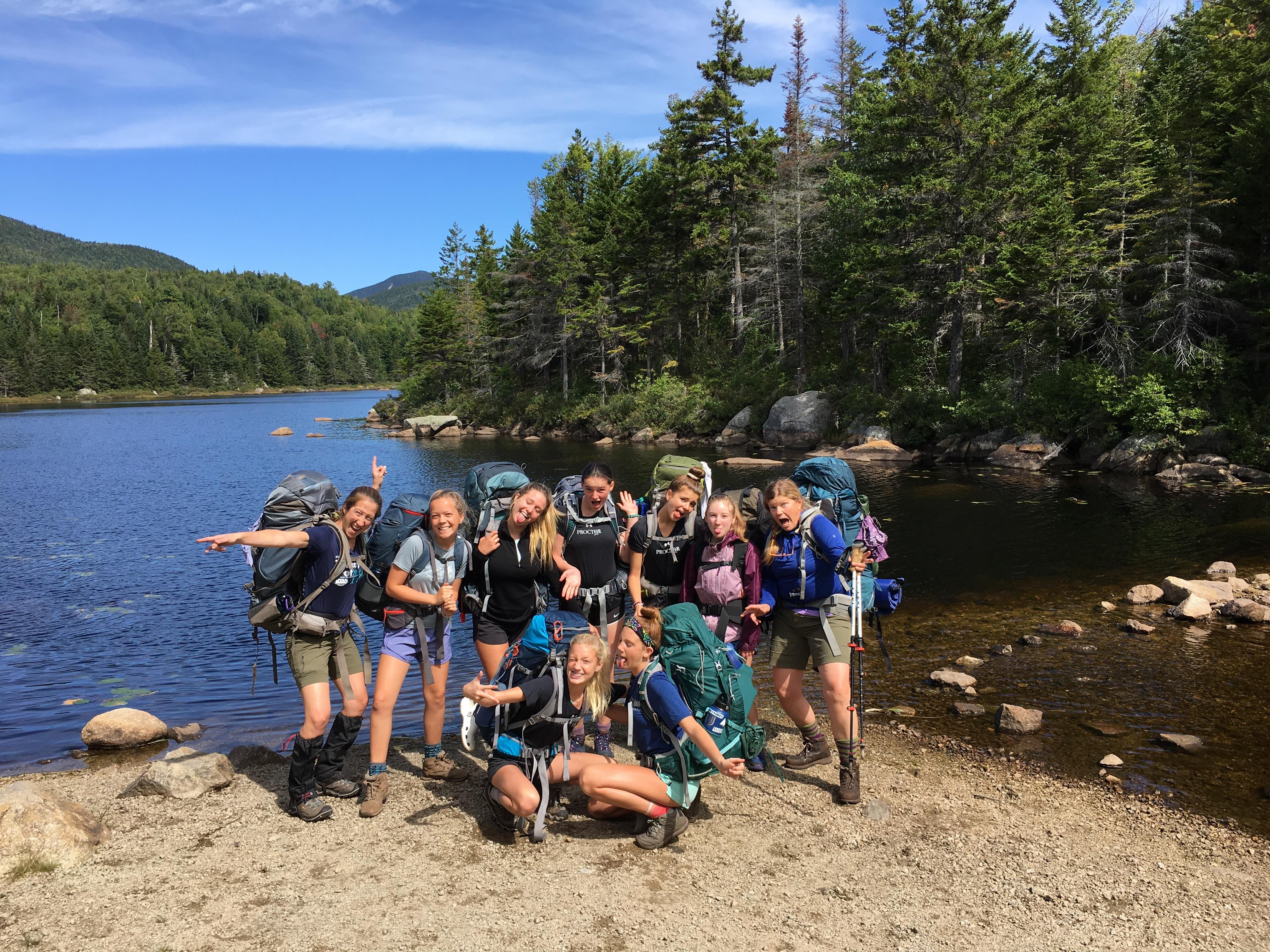How does the culture of an organization sustain over time? Is it the people? Is it the mission? Is it the programs offered? What is it that allows Proctor’s unique culture to thrive year after year? How do we cultivate continuity when we welcome new faculty, staff, and students to Proctor’s community each year?
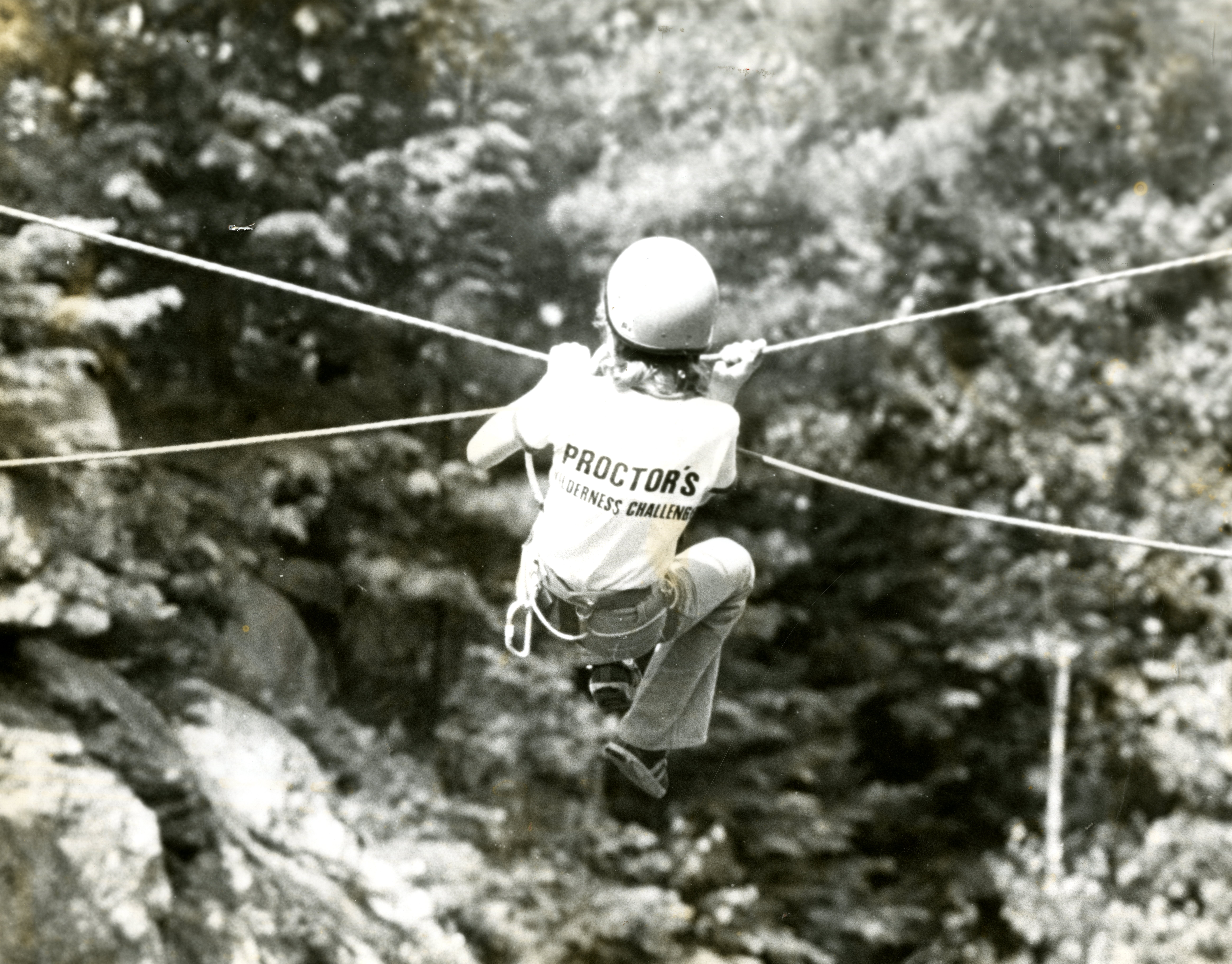
Head of School Mike Henriques shared a letter with faculty and staff this morning in which he reminded us of our important roles in the year ahead. “We are stewards of Proctor. Each one of us plays a role, each role is critical, and all of us make a difference in the community. We are charged with sustaining it, growing it, evolving it. No matter whether you are teaching calculus, sharpening skates, cleaning dorms, building a budget, making snow, throwing a pot, mowing grass, giving extra help, driving to a game, or any of the thousands of small actions of community, when we bend to the task, wholly committing, we move the school forward. When we do it with intentionality and purpose, we evolve. Become better. For many, that commitment renews at the end of the summer, which is true for me, even as the summer continues to be busier than ever. Our task, whether we are just joining the community or have been here for thirty years, is to support our students and this school, commit to growing as an individual, and finding joy in the journey.”
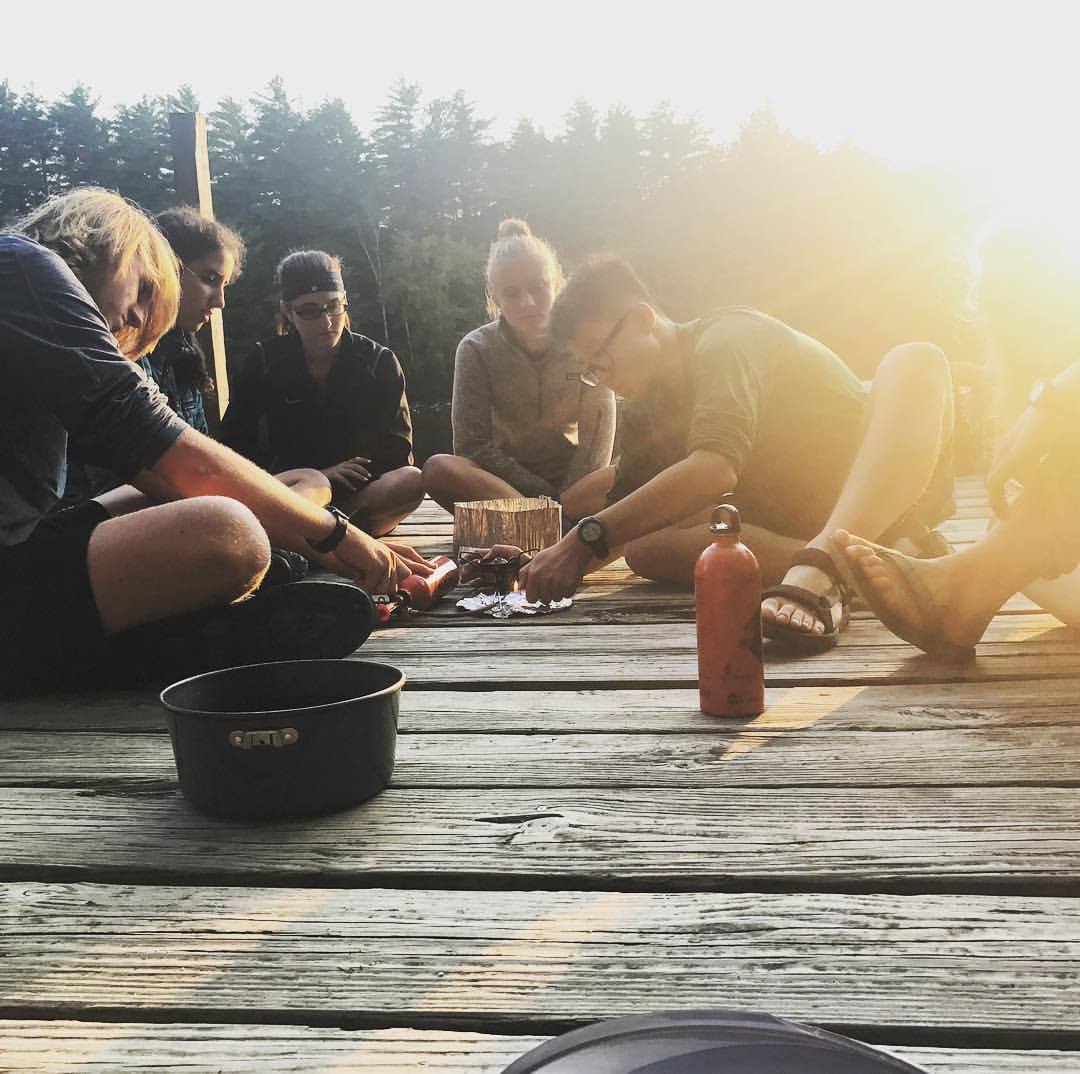
In just over a week, our first new students arrive on campus and begin their Proctor journey in the same way every other Proctor student has since 1971: Wilderness Orientation. The brainchild of former Head of School David Fowler and Assistant Head of School Chris Norris, Wilderness Orientation is one of Proctor’s programs that most effectively weaves mission, program, and people into an incredibly powerful, complex, cultural underpinning of Proctor. For 48 years, the five day, four night backpacking trip in the White Mountains has bonded groups of eight students and two faculty members through the shared experiences only the wilderness can teach.
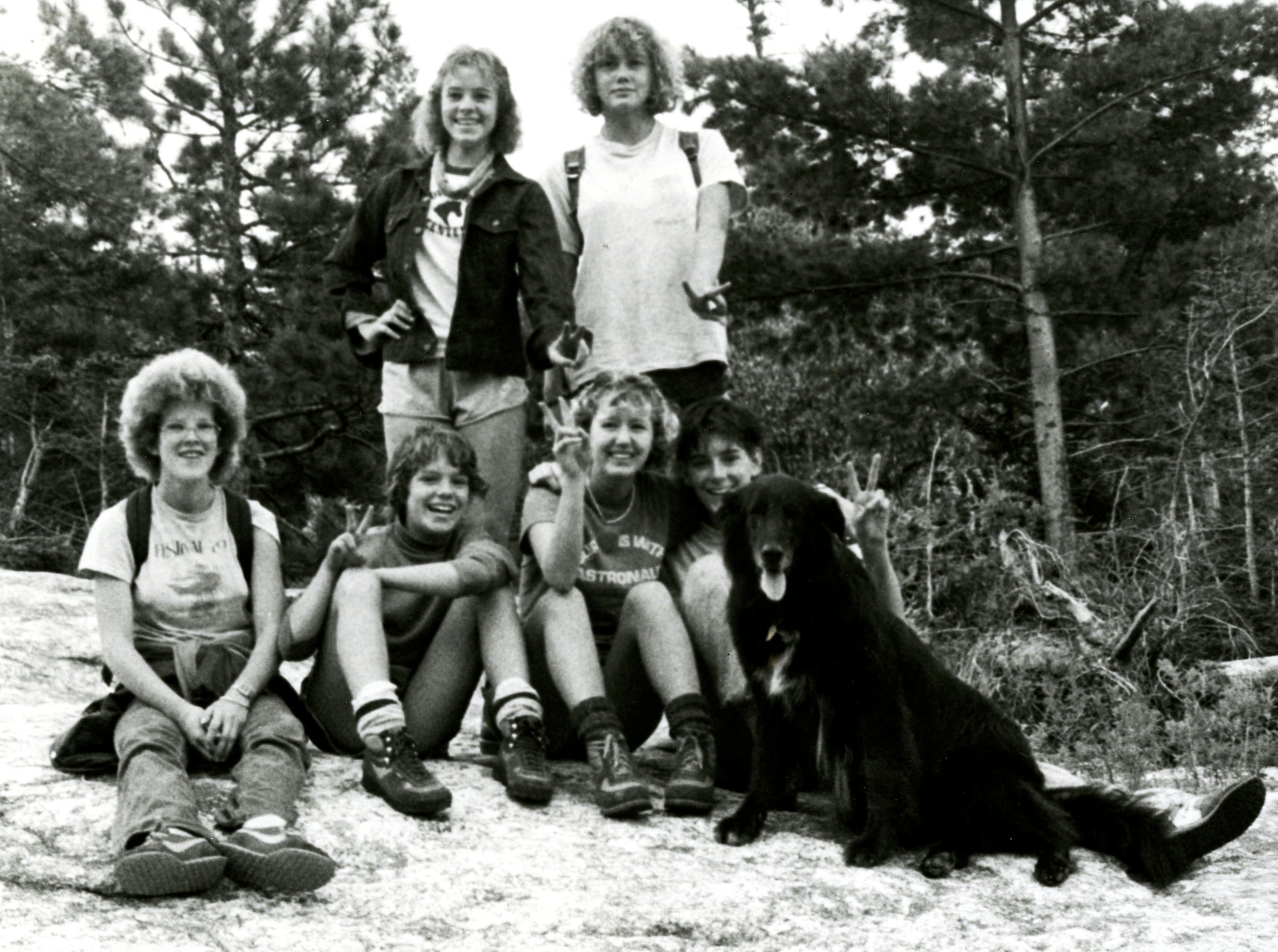
Faculty orientation leaders began a two day SOLO Wilderness First Aid training this morning reminding us of the institutional commitment required to sustain a program like Wilderness Orientation. The time, planning, food and gear prep, permitting, and route planning to send 140 students and 36 leaders into the White Mountains is overwhelming for the casual observer, but for a logistical genius like Wilderness Orientation Coordinator Kayden Will, it is her contribution to the continuity of culture at Proctor. Everyone in the community rallies and does their individual part to support the collective effort. Quite simply, we believe the experience of Wilderness Orientation catalyzes the relationships that serve as the foundation of Proctor’s culture, and it is worth our time, energy, and investment to ensure we are prepared, trained, and equipped to have the best start to the year possible.
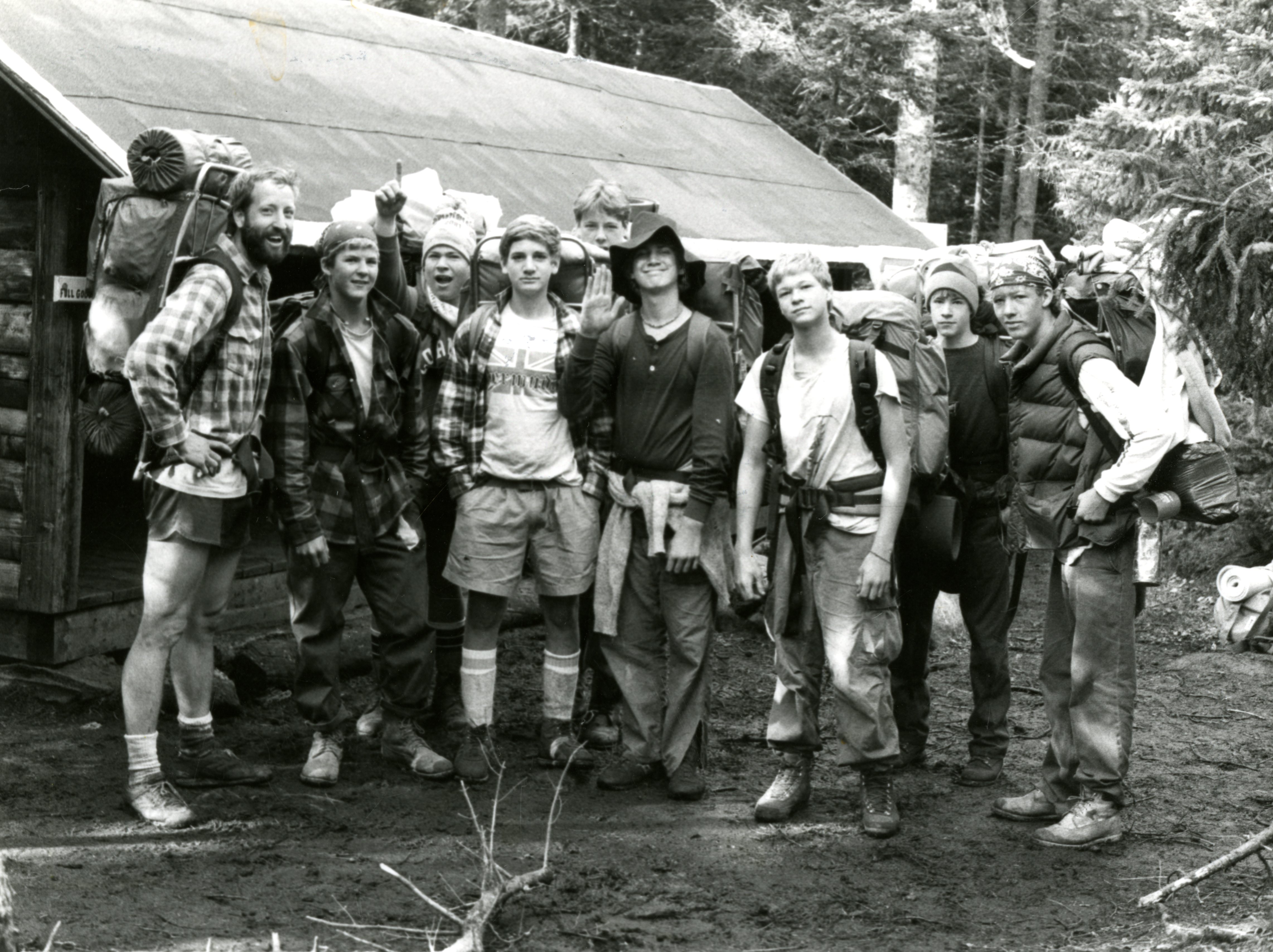
Twenty-five years ago, David Fowler was entering his 25th, and final, year as Proctor’s Head of School when he wrote the following to faculty and staff, “One of the reasons Proctor has done so well over the years is due to its clear mission. Our job is to support that mission in all we do. The mission dictates the programs that we have, the values that we feel are important, and the type of student we want to have at the school. If we forget who we are and who we are committed to serve, then the clear purpose of the school is clouded and frustration and confusion can sap our energies and educational commitment.” The mission he stewarded is the same mission Heads of School Steve Wilkins (1995-2005) and Mike Henriques (2005-Present) have stewarded since alongside the hundreds of faculty and staff who have dedicated their lives to Proctor.
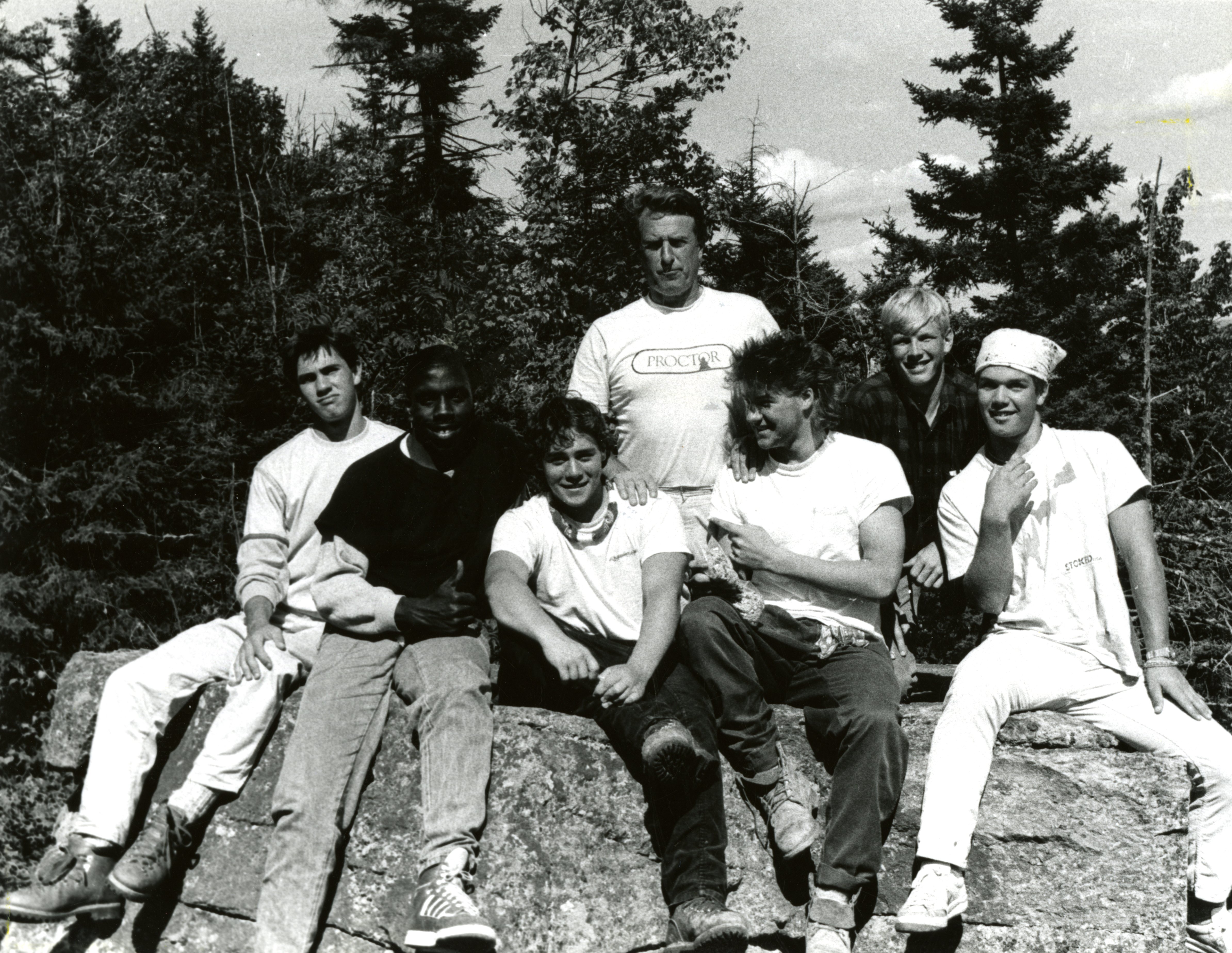
Collectively, we have kept Proctor’s mission clearly in focus. We have resisted the temptations to stray off the path, to take the easy trail, to bend to the fears of those who do not fully understand why we do what we do. There have been (and will continue to be) moments when the execution of a program like Wilderness Orientation simply feels like too much. But, when we have a mission that centers us, and a community that believes in that mission, we hold the course. We do the hard things because we believe in their impact on our community and their contribution to our continuity of culture, a continuity so many organizations lack. We prepare our bags, lace up our boots, pack our gorp and sleeping bags, and embark on the best, hardest five days of the year.
